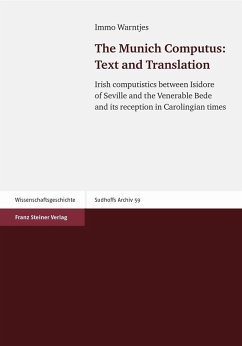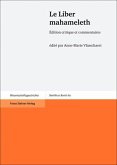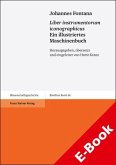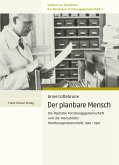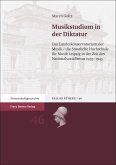The Munich Computus, though known and studied for the past 130 years, has never been edited. This desideratum is met by the present study, applying editorial techniques that aim at placing every single passage of this text in its scientific context by tracing the development of the underlying ideas in the 200 years prior to the composition of the Munich text in AD 719, as well as analyzing its impact on the Carolingian renaissance; the Latin text is accompanied by an English translation and comprehensive commentary of its technical content. The introduction to the edition proper places the Munich Computus within the history of computistics, discusses the history of this text from its compilation in southern Ireland in AD 719 to the transfer of the only known manuscript containing this text from St Emmeram in Regensburg to the Bayerische Staatsbibliothek in Munich. In particular, the detailed source analysis brings to light important computistical texts previously hidden in the manuscripts, most importantly the Computus Einsidlensis, which makes it possible to define, for the first time, the immense Irish contribution to the history of science in the century between Isidore and Bede and with this to put the latter's scientific achievements into perspective.
Immo Warntjes is a graduate of the University of Göttingen (Germany) in history and mathematics. From 2003 to 2006 he was a post-graduate fellow in the Foundations of Irish Culture, 600-850 AD-project in the Moore Institute of NUI Galway (Ireland), where he completed his PhD under the supervision of Prof. Dáibhí Ó Cróinín in 2007. Since 2007 he is lecturer in Medieval History at the University of Greifswald (Germany). Besides late-antique and early-medieval computistics, his main areas of research include the use of languages in early medieval Europe, Irish political history, succession to high offices, and social mobility.
Dieser Download kann aus rechtlichen Gründen nur mit Rechnungsadresse in A, B, BG, CY, CZ, D, DK, EW, E, FIN, F, GR, HR, H, IRL, I, LT, L, LR, M, NL, PL, P, R, S, SLO, SK ausgeliefert werden.

